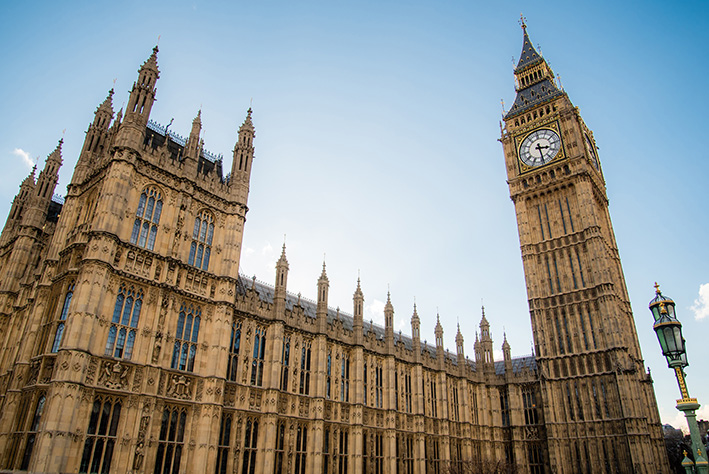Media industry reacts to King’s Speech: Urgency needed on AI and HFSS

The absence of a standalone bill addressing concerns around AI in the King’s Speech on Wednesday raised eyebrows among publishers, despite an overall positive response to Labour’s growth agenda by industry trade bodies.
While King Charles said the new government “will seek to establish the appropriate legislation to place requirements on those working to develop the most powerful artificial intelligence models” in the context of the Employment Rights Bill, he stopped short of outlining a specific bill to address AI’s impact on media.
Eilidh Wilson, head of policy and public affairs at the Professional Publishers Association, said the organisation “urge[s] the government to bring forward AI legislation in this parliamentary session”.
She continued: “This is essential to address the copyright challenge of large language models that has left specialist publishers vulnerable to data-scraping without permission or any form of renumeration from AI developers.”
Isba director-general Phil Smith added: “In common with all other parts of our economy and society, we are also on the brink of a transformation thanks to AI. We look forward to discussing a UK regulatory approach which enables us to harness its creative power and drive innovation.”
Positive reactions
On the balance, trade bodies reacted positively to the legislative agenda, with Smith viewing the speech as optimistic for the industry.
He explained: “The importance for brands of the new government’s agenda has been reinforced by the King’s Speech, which shows how fundamental the change coming to the advertising and marketing sector will be over the coming years.
“The overwhelming mission of the new administration — economic growth — will be underpinned by the success of our industry. Proposed laws on product safety, skills, digital identity and data will all have a profound impact.”
Media analyst Ian Whittaker: What happens next if Labour wins
‘Much-needed certainty’ on HFSS
The only direct mention of advertising in the King’s Speech was the intention to “legislate to restrict advertising of junk food to children along with the sale of high-caffeine energy drinks to children” — a continuation of a Conservatives-led effort to restrict advertising of foods high in fat, sugar and salt (HFSS).
Advertising Association director of policy and government affairs Lisa Hayley-Jones said the organisation “strongly welcome[s] that the government has listened to the concerns of our sector and committed to introduce secondary legislation on HFSS advertising”.
Doing so, she added, will help bring “much-needed certainty” ahead of previously-passed restrictions on HFSS advertising coming into force in October 2025.
However, IPA director-general Paul Bainsfair described the need for a stronger sense of urgency, given the industry is “still waiting for the Advertising (Less Healthy Good Definitions and Exemptions) Regulations to be passed so that agencies and advertisers can understand which products will be in scope of the restrictions and any exemptions that may apply”.
Such secondary legislation failed to pass during the previous government’s wash-up period in May, much to the chagrin of stakeholders and advertisers needing to plan their media budgets for next year.
“We called on the previous government, several times, to bring in those regulations, but to no avail,” continued Bainsfair. “We hope that the new government will bring them in as a matter of urgency.”
Labour’s warm words about our industry need to be matched by practical measures




